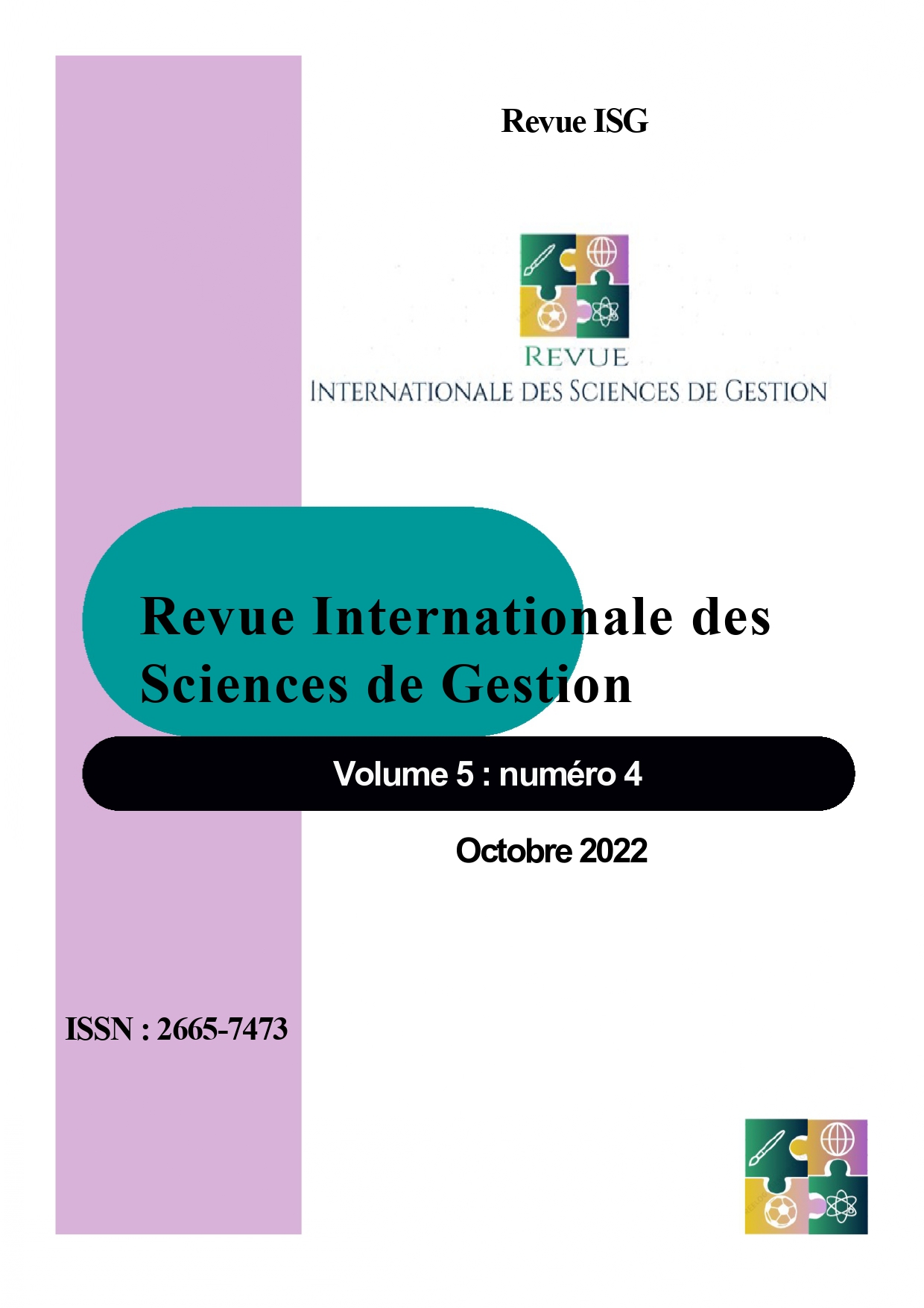GENDER AND FEMALE LEADERSHIP
Keywords:
female leadership, management, gender, social role, gender roleAbstract
Leadership is the subject of a large amount of research in management science. However, many researchers agree that it is anchored and described in masculine terms.
For a long time, the position of leader was embodied by men. When women have more massively acceded to management and leadership positions, the question of female leadership has become a hot topic.
Today, women are rapidly entering male-dominated work sectors. However, the women receive a hostile reaction. Moreover, this reaction is based on stereotypical attitudes regarding the nature of work and the role of female employees. Gender role stereotypes portray men as more competent, but less warm or expressive than women. Thus, competence is referred to as a masculine characteristic, while feminine characteristics are often related to warmth and expressiveness. The literature also suggests that women encourage participation, share power and information, and attempt to improve the self-esteem of their followers. They lead through inclusion and rely on their charisma, expertise, interpersonal skills and connections to influence others.
Nowadays, there is a need to rethink traditional notions of femininity and masculinity because gender is a multiple and heterogeneous issue.
Downloads
Downloads
Published
How to Cite
Issue
Section
License
Copyright (c) 2022 Khalid RGUIBI , Asma ATID

This work is licensed under a Creative Commons Attribution-NonCommercial 4.0 International License.


















